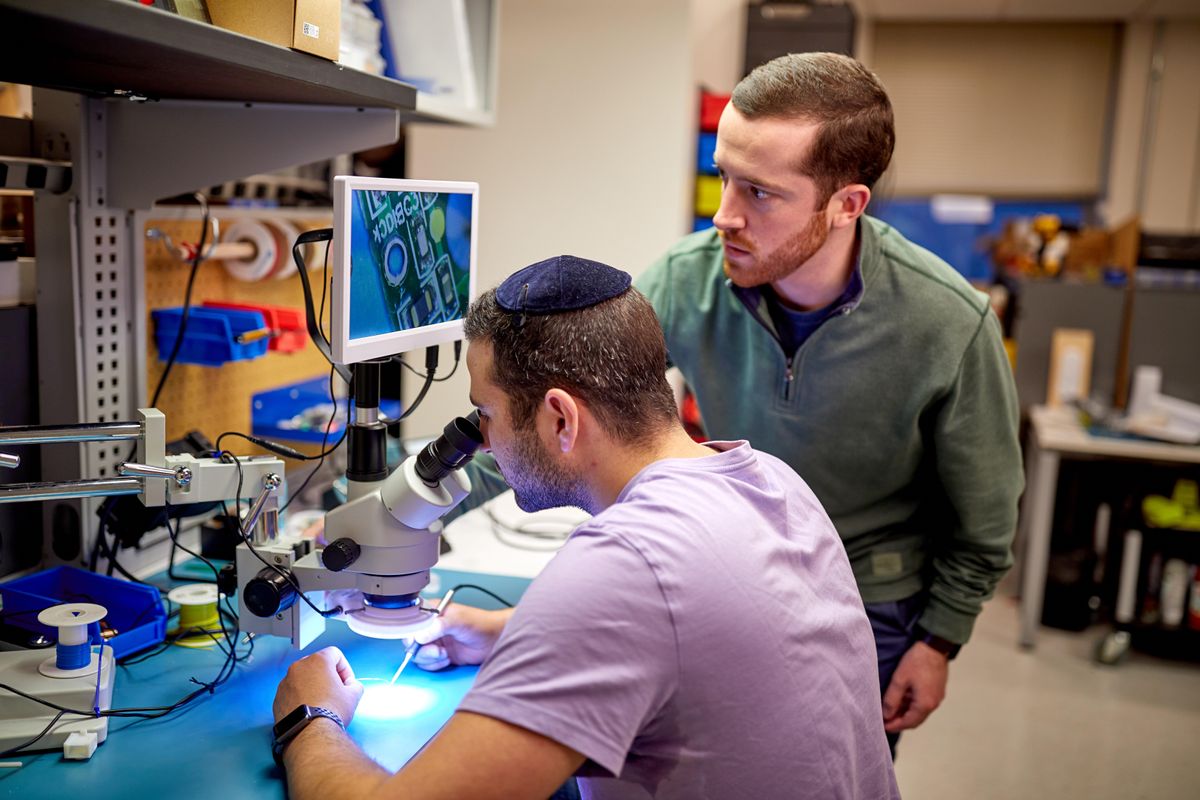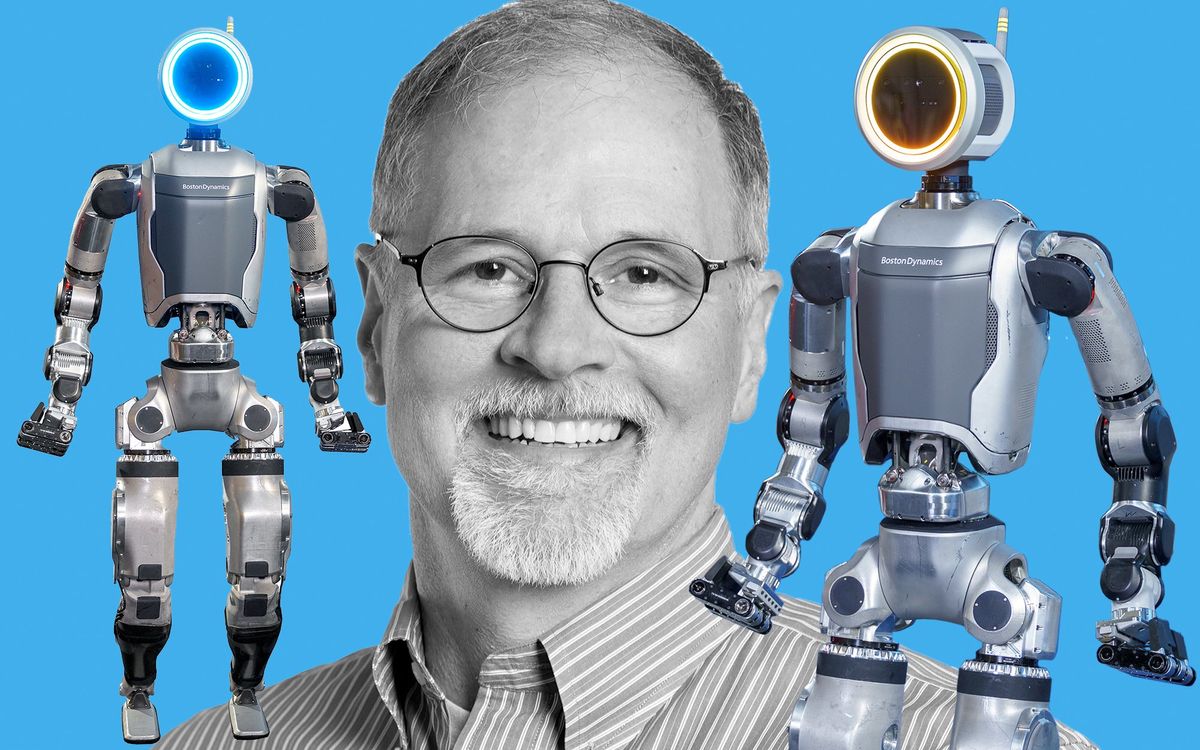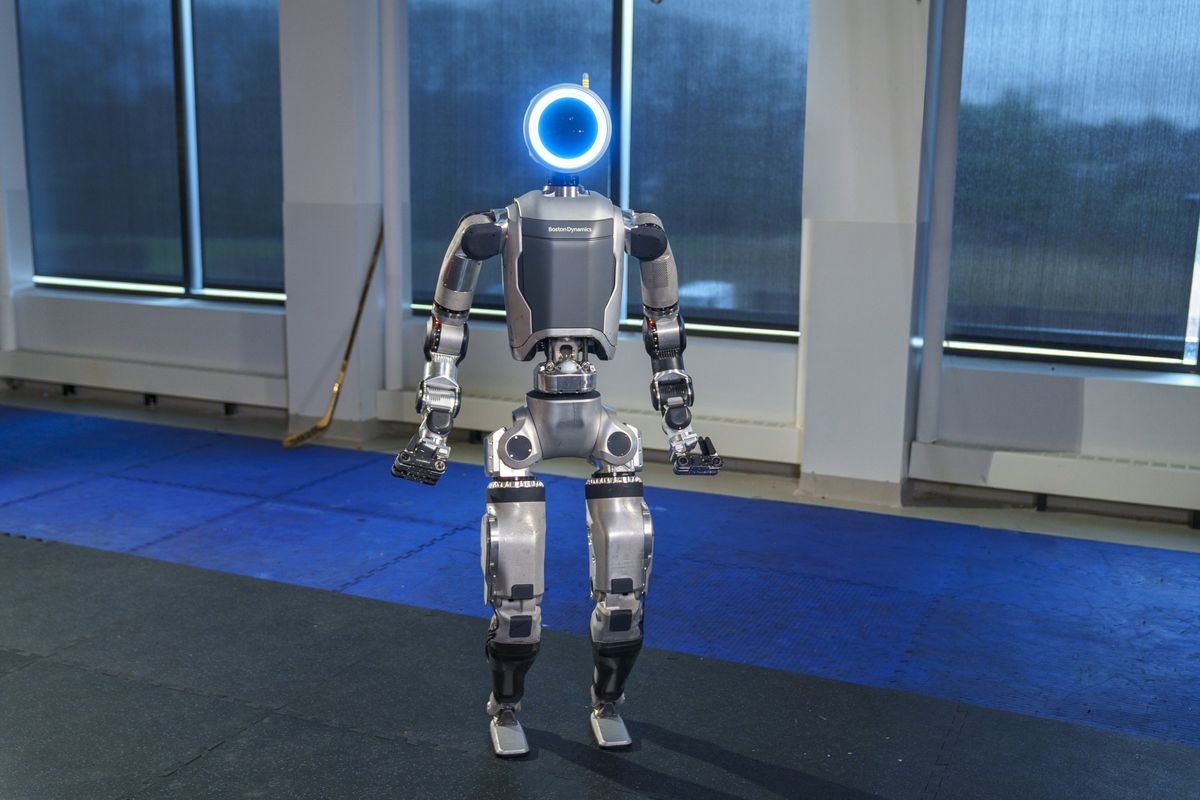This is a sponsored article brought to you by SimpliSafe.
It’s nearly impossible to find a household today that doesn’t have at least one connected smart home device installed. From video doorbells to robot vacuums, automated lighting, and voice assistants, smart home technology has invaded consumers’ homes and shows no sign of disappearing anytime soon. Indeed, according to a study conducted by consulting firm Parks Associates, smart home device adoption has increased by more than 64 percent in the past two years, with 23 percent of households owning three or more smart home devices. This is particularly true for devices that provide security with 38 percent of Americans owning a home security product. This percentage is likely to increase as 7 in 10 homebuyers claimed that safety and security was the primary reason, after convenience, that they would be seeking out smart homes, according to a report published by Security.org last year.
As the demand for smart home security grows, it’s pertinent that the engineers who build the products and services that keep millions of customers safe continue to experiment with new technologies that could enhance overall security and accessibility. At SimpliSafe, an award-winning home security company based in Boston, Mass., it is the pursuit of industry-leading protection that drives the entire organization to continue innovating.
In this article, Nate Wilfert, VP of Software Engineering at SimpliSafe, discusses the complex puzzles his team is solving on a daily basis—such as applying artificial intelligence (AI) technology into cameras and building load-balancing solutions to handle server traffic—to push forward the company’s mission to make every home secure and advance the home security industry as a whole.
Using AI to enhance safety and customer experience
Since its founding in 2006, SimpliSafe has been reimagining antiquated security products and services and developing accessible technology that can be easily installed into homes across the country. It redefined the home security space by introducing wireless, DIY products and pioneered giving customers the ability to monitor their homes via a smartphone app. Today, SimpliSafe’s talented engineering team continues to innovate by investigating how AI can be used to reduce false alarms and enhance the customer experience.
False alarms are a constant obstacle in the home security and emergency response industries. Not only are false alarms annoying to customers, but they also make it difficult for emergency responders to differentiate between real emergencies and accidental alarm trips, which in turn, result in slower response times. One of our engineering team’s top priorities is understanding how they can reduce false alarms and send help fast to address verified emergencies. The potential solution? Integrating AI into security cameras.
Our engineering team is developing AI that will make our cameras “smarter” and give them the ability to identify specific objects to reduce false alarms and enhance the customer experience.
Imagine having an outdoor camera that could tell you if the vehicle in your driveway is a friend, a stranger, or a police car. Or what about having a video doorbell that could tell you if the backpacked teenager on your front stoop is your daughter returning home from school or a delivery person dropping off tonight’s takeout dinner? Customers are only interested in receiving alerts for movements that are out of the ordinary and security monitoring centers are only interested in addressing emergency events. Thanks to AI, we’re on our way to addressing all of these needs.
Currently, our engineering team is developing AI that will make our cameras “smarter” and give them the ability to identify specific objects with the ultimate goal of delivering a best-in-class customer experience. With these advanced cameras, customers will receive tailored app alerts detailing the specifics of the detected camera activity. In time, emergency operators will only receive calls for activity that appears out of the ordinary, thereby reducing false alarms and accelerating emergency response.
As AI technology develops and as our engineering team grows, we can explore more ways AI can make SimpliSafe smarter, faster, simpler and more accurate to help us advance the future of security. There is still plenty to be uncovered and our engineers have a unique opportunity to create life-saving products and services that have a truly positive impact on the customer.
Building infrastructure to meet the demand of a growing customer base
Today, SimpliSafe has over 1 million subscribing customers and nearly 5 million connected devices working hard to protect homes against intruders, fires, water damage, and more. Managing the server activity of those connected devices is a unique challenge to SimpliSafe. Few companies come close to SimpliSafe’s connected device volume.
Due to the large volume, we move beyond what any major cloud provider can handle. Even the biggest international SaaS providers running on common cloud solutions only support a few hundred thousand devices at a given time. Given the lack of scalable cloud providers, we must turn to our engineers to create a solution that can scale as our customer base grows and ensure customers’ servers are always operating smoothly, without interruption.
To add to the challenge, most internet of things (IoT) companies use servers for “request and response,” meaning that the connection used to first understand a customer’s request and then provide them with a response is short-lived. SimpliSafe works differently. Unlike other IoT companies, we must keep long-lived connections for our backend servers. Constant connection between the customer and the server is crucial because it allows us to trace an alert back to a relevant customer and notify them of an emergency quickly, a task that would take too long if we used “request and response” protocol.
Careers at SimpliSafe

If you are interested in learning more about SimpliSafe’s engineering team and the technical problems they’re looking to solve across software, hardware, firmware, mechanical, electrical, artificial intelligence, and cloud disciplines please visit SimpliSafe’s career page.
As an award-winning home security company, we understand better than anyone how important it is for a customer in a potentially dangerous situation to receive help swiftly. Not only do our engineers need to create a solution to manage our servers, but they must also create a solution that can load-balance with ease and provide a highly responsive experience for our customers.
Thankfully, our talented team has created new and innovative technologies that are able to control all our servers as well as the data it processes. But load-balancing maintenance is an ongoing focus. We are always looking to hire more engineers who can help us scale to address our growing customer base.
SimpliSafe’s engineers are leading a growing number of innovative projects, more than can be outlined here. They span the gamut of advanced technology and engineering, including the development of new hardware devices, cameras, imaging technology, app development, cloud computing, cyber security protection, motion detection and user authentication technologies. No matter what our engineers are focused on, all are dedicated to enhancing safety. It’s our mission to make every home secure that pushes us forward and challenges us to reimagine a safer world, achieved with the help of exceptional home security products.



